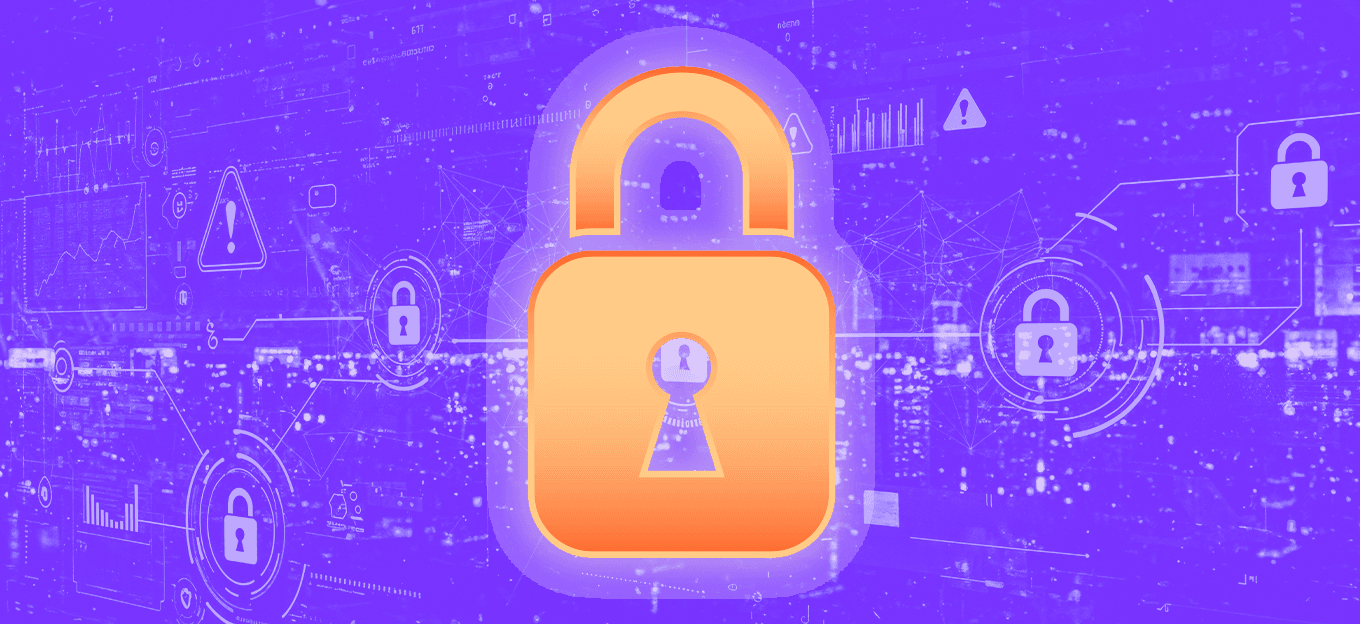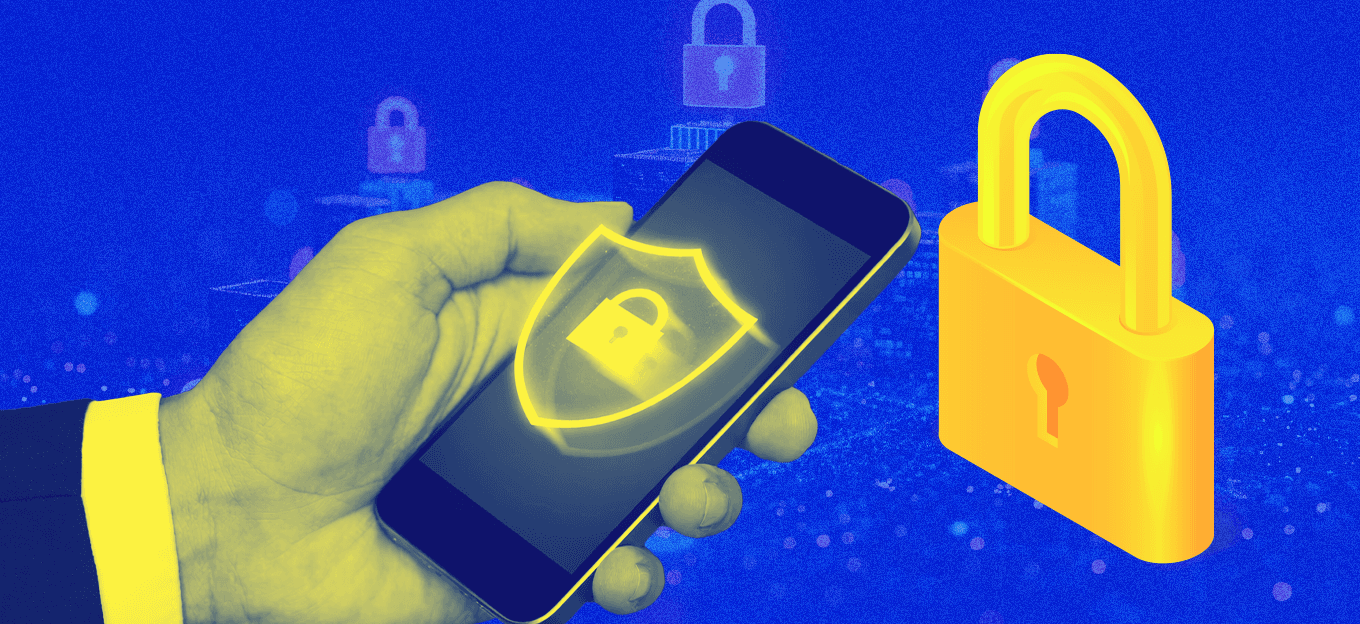Why BlockChain is the Next Big Thing In Cybersecurity
Why BlockChain is the Next Big Thing In Cybersecurity
- Last Updated: December 2, 2024
Guest Writer
- Last Updated: December 2, 2024



It’s no real surprise that blockchain is so often associated with cryptocurrency. After all, it was through Bitcoin that it first made its debut on the web - designed by an unknown individual or group to serve as a public ledger. At the time, there weren’t many who saw the technology’s potential to be used elsewhere.
That’s changed. And for those who’ve been paying attention to the technology since the days of its infancy, that comes as no surprise. Think about the foundational concepts at the heart of blockchain.
- Distributed data storage
- Cryptographic security that protects that storage from unauthorized modification
- Synchronized, consensus-based third-party validation on every recorded transaction
Basically, when a transaction is executed through blockchain, it’s grouped together in a ‘block’ with all other transactions that recently occurred. In order for these transactions to be finalized, they must be validated by more than 50% of the systems within the blockchain’s network. Once that validation is complete, the block is timestamped and linked to the rest of the chain.
Every ledger in the network is continually updated, so that no participant in the blockchain has incorrect information - and everyone with the proper access can see each transaction dating back to the time of the chain’s creation.
From a cybersecurity perspective, it almost sounds like a dream come true. With blockchain technology, there’s no middleman that could potentially serve as a source of leaks or compromised data. Digital certificates keep every transactional participant completely anonymous, and a private-public key mechanism coupled with powerful cryptographic algorithms keep everything secure.
Perhaps best of all, it’s open-source. Anyone can leverage the technology for their own projects. And indeed, many are, especially in financial services. But its uses go far beyond protecting bank accounts and financial data.
“Blockchain applications disrupt conventional thinking and conventional approaches regarding data processing, handling, and storage,” explains Digitalist Mag’s Ross Doherty. “From placing blockchain at the core of business networks for traceability and auditability, to a way for ordinary people to easily and cheaply post a document as part of a patent process; a way to counteract bootlegging and counterfeiting in commodity supply chain, a way to add an additional layer of security to simple email exchange; from electronic voting systems through to medial record storage.”
In other words, if your business works in any way with transactional infrastructure or applications, blockchain is a technology well worth consideration.
It’s a common misconception that blockchain and bitcoin are inextricably linked with one another. The reality is that blockchain is more of a foundational technology. It’s the security infrastructure on which bitcoin - and indeed, all cryptocurrency - is based. But its potential goes far, far beyond that.
There’s a reason so many have called blockchain the next big thing in cybersecurity - because for all intents and purposes, especially as we move forward into the era of IoT, it is.
Written by Max Emelianov, CEO of HostForWeb.
The Most Comprehensive IoT Newsletter for Enterprises
Showcasing the highest-quality content, resources, news, and insights from the world of the Internet of Things. Subscribe to remain informed and up-to-date.
New Podcast Episode

How Smart Labels Transform the Supply Chain
Related Articles


